International Relations
Relations across the UK, Europe and globally are frequently changing, and have done so across our history. How these relations are recorded, monitored and treated are discussed in the collection of articles and podcasts here. The very concept of international relations is explored as are when boundaries and discussions between states and groups started to matter. What are the procedures, protocols and outcomes of a world according to the history of international relations are all under scrutiny?
Sort by:
Date (Newest first) | Title A-Z
Show:
All |
Articles |
Podcasts |
Multipage Articles
-
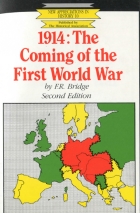
1914: The Coming of the First World War
ArticleClick to view -

Bertrand Russell's Role in the Cuban Missile Crisis
ArticleClick to view -
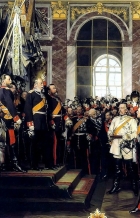
Bismarck after Fifty Years
ArticleClick to view -

Brazil and the two World Wars
ArticleClick to view -

Britain and the Formation of NATO
ArticleClick to view -

Cyprus: another Middle East issue
ArticleClick to view -

Czech Uranium and Stalin's Bomb
ArticleClick to view -
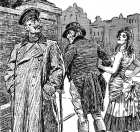
Gary Sheffield: Origins of the First World War
ArticleClick to view -

Iconic Images of War: photographs that changed history
ArticleClick to view -
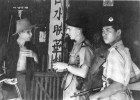
Imperialism resurgent: European attempts to 'recolonise' South East Asia after 1945
ArticleClick to view -
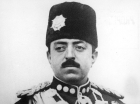
Mission to Kabul: Destabilising the British strategic position, 1916
ArticleClick to view -
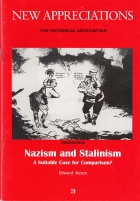
Nazism and Stalinism
ArticleClick to view -

Neville Chamberlain: Villain or Hero?
ArticleClick to view -
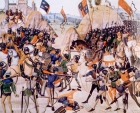
On the campaign trail: walking the Hundred Years War
ArticleClick to view -

Podcast: Richard Evans Medlicott -The Origins of the First World War
ArticleClick to view -
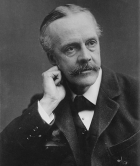
Polychronicon 143: the Balfour Declaration
ArticleClick to view -

Stalin, Propaganda, and Soviet Society during the Great Terror
ArticleClick to view -
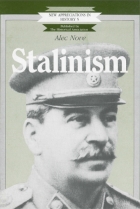
Stalinism
ArticleClick to view -
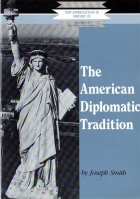
The American Diplomatic Tradition
ArticleClick to view -

The Byzantine Empire on the Eve of the Crusades
ArticleClick to view

